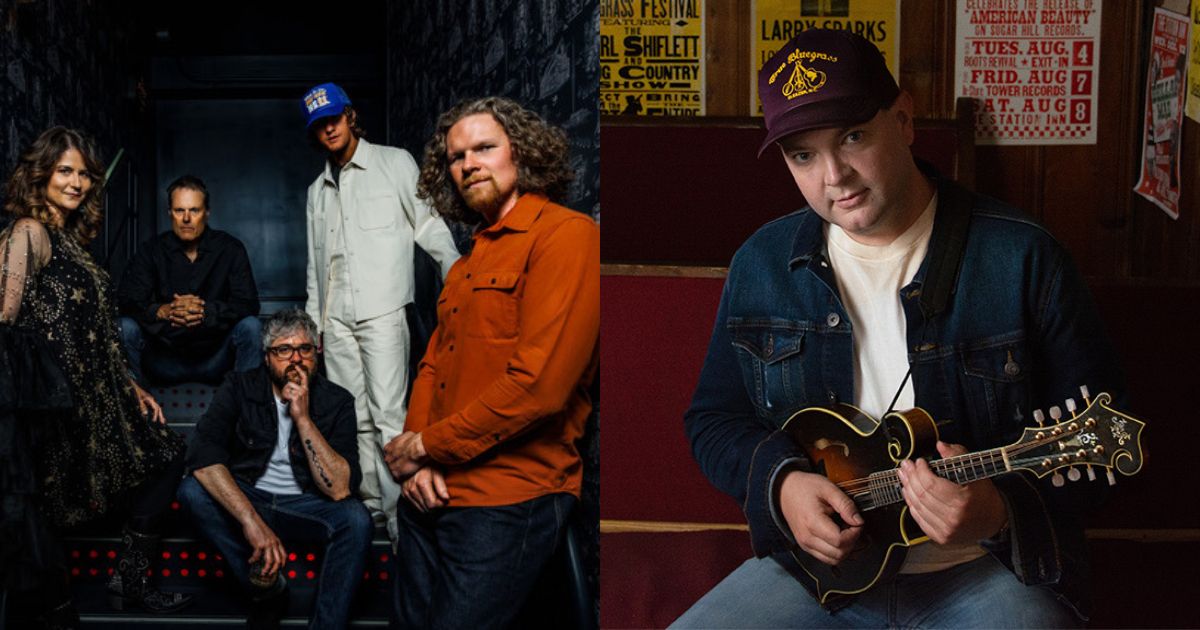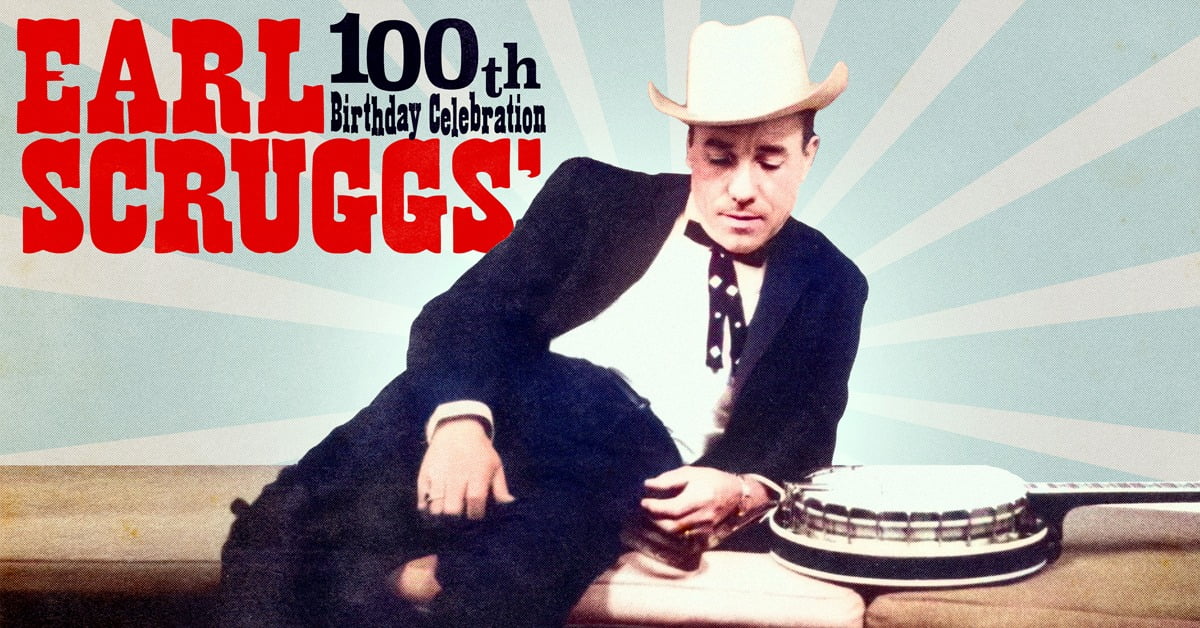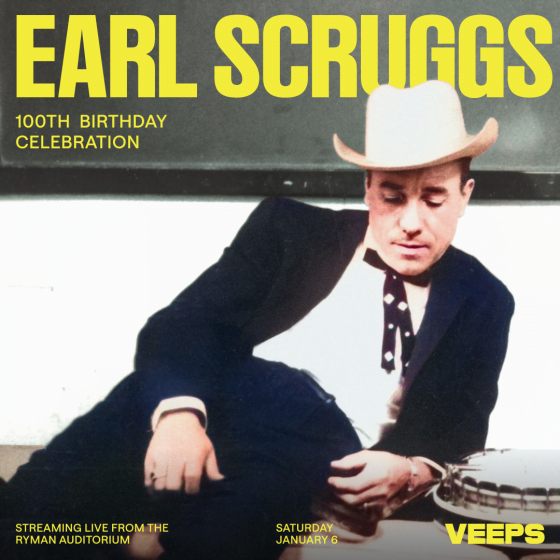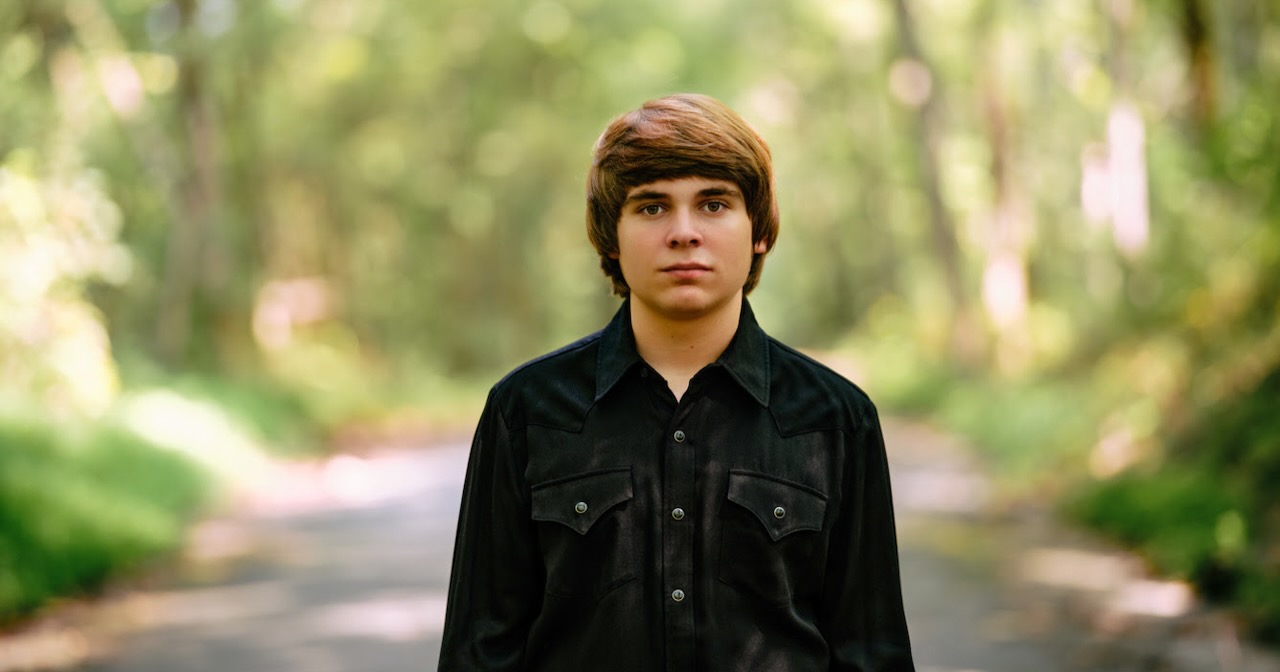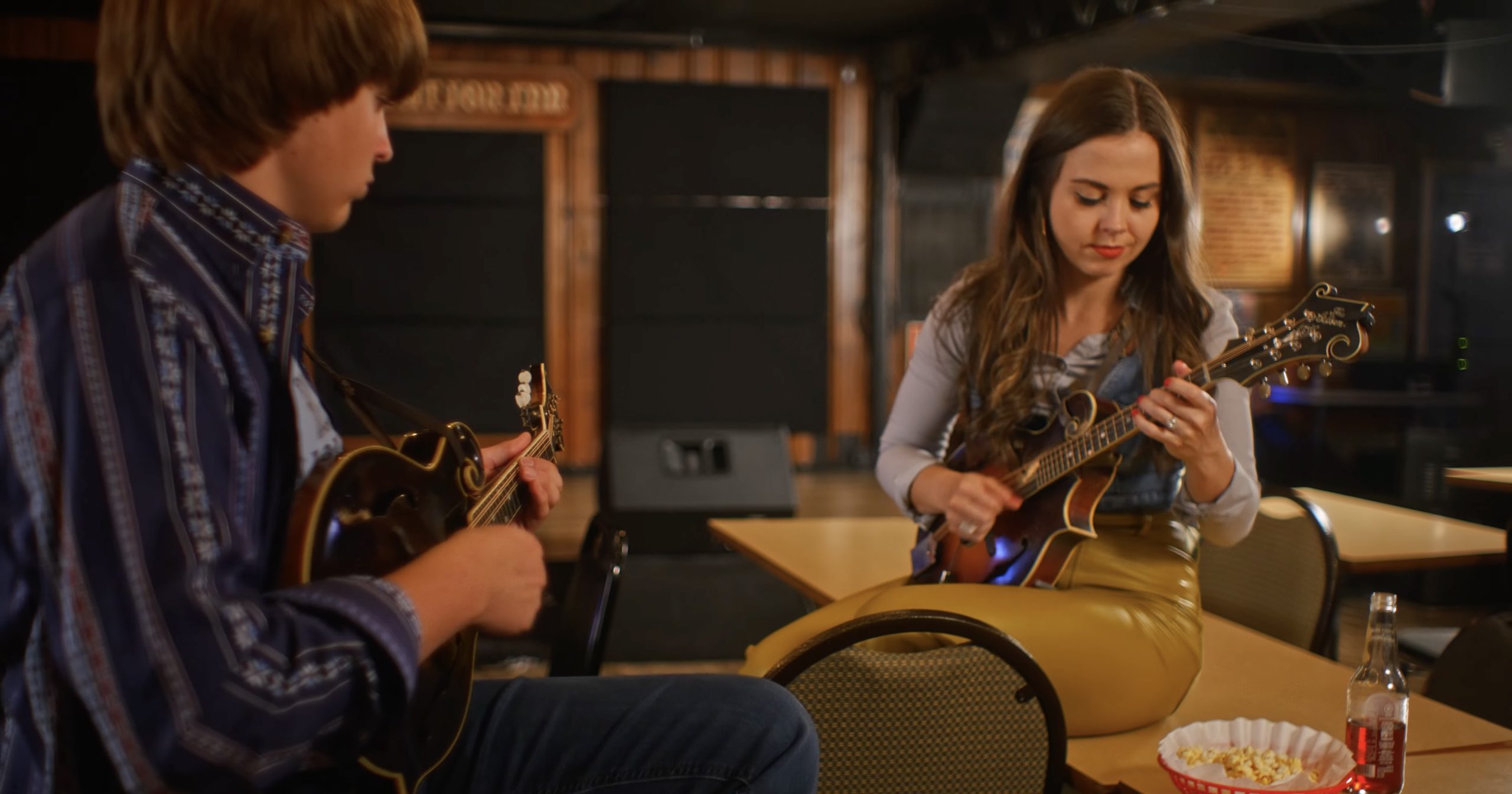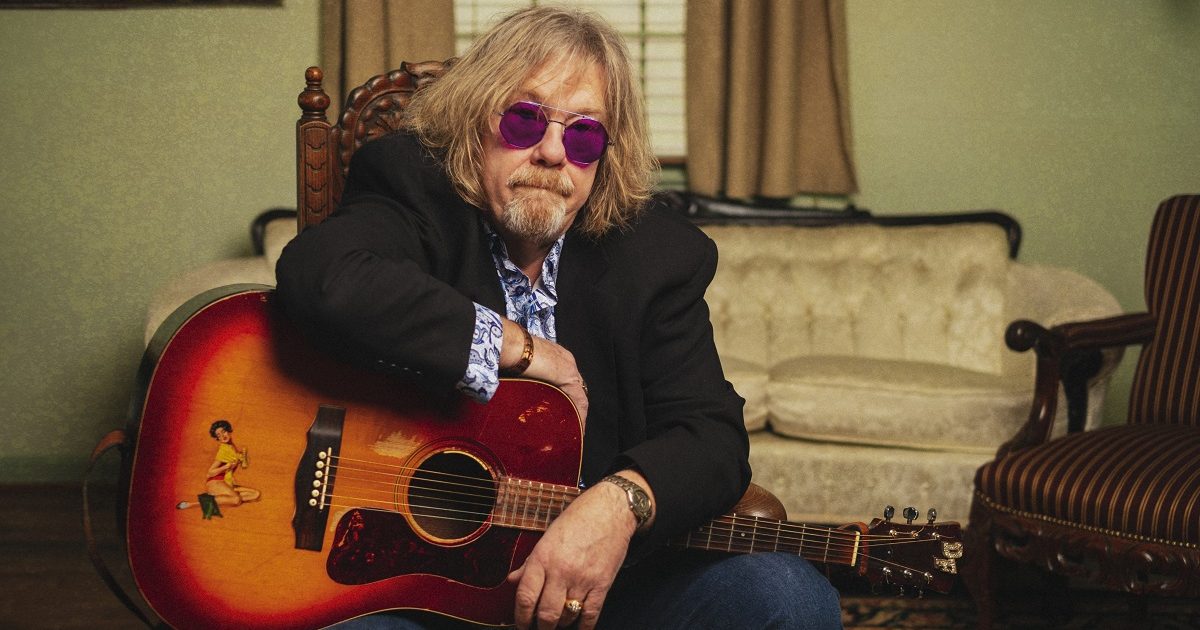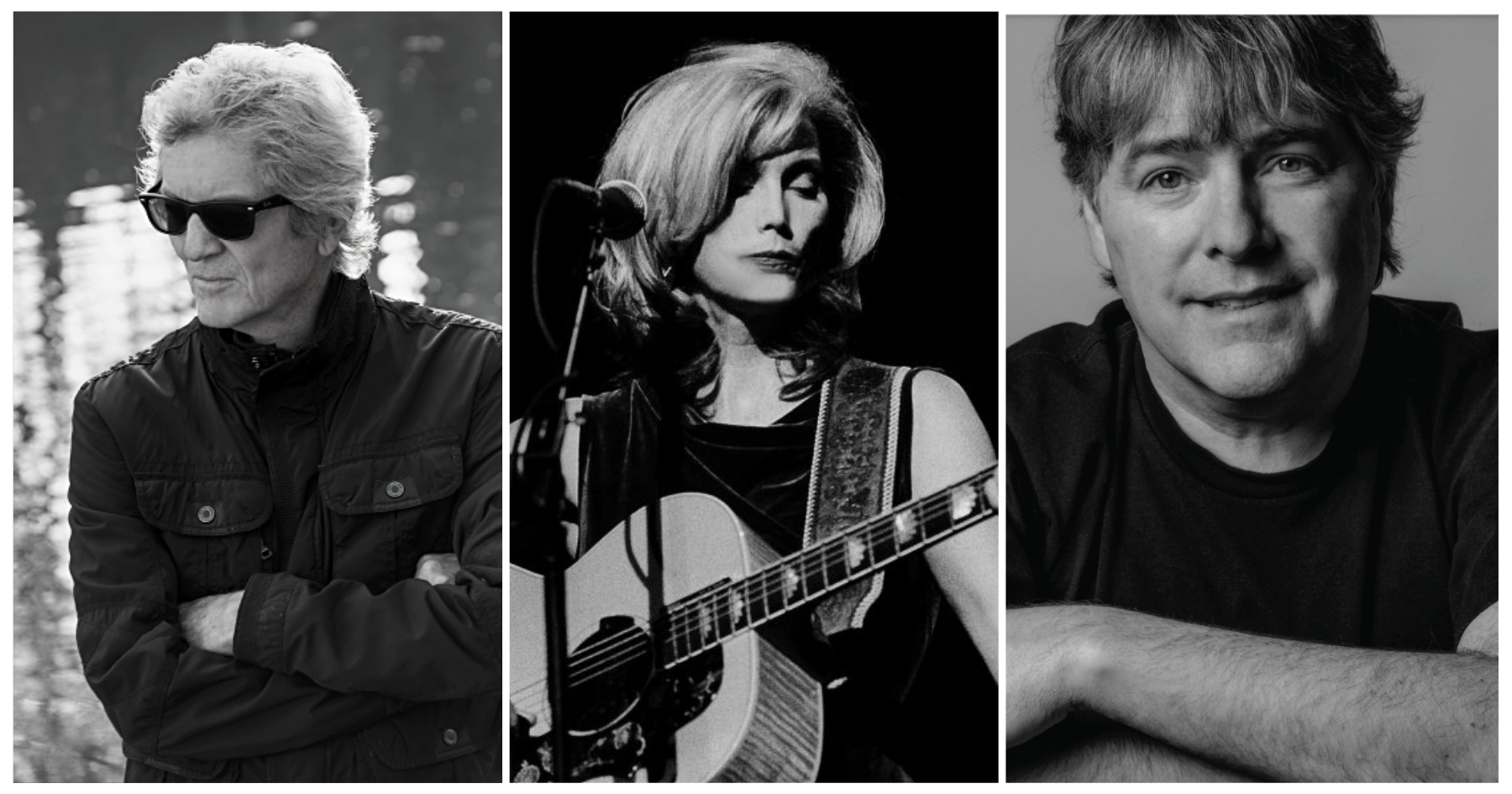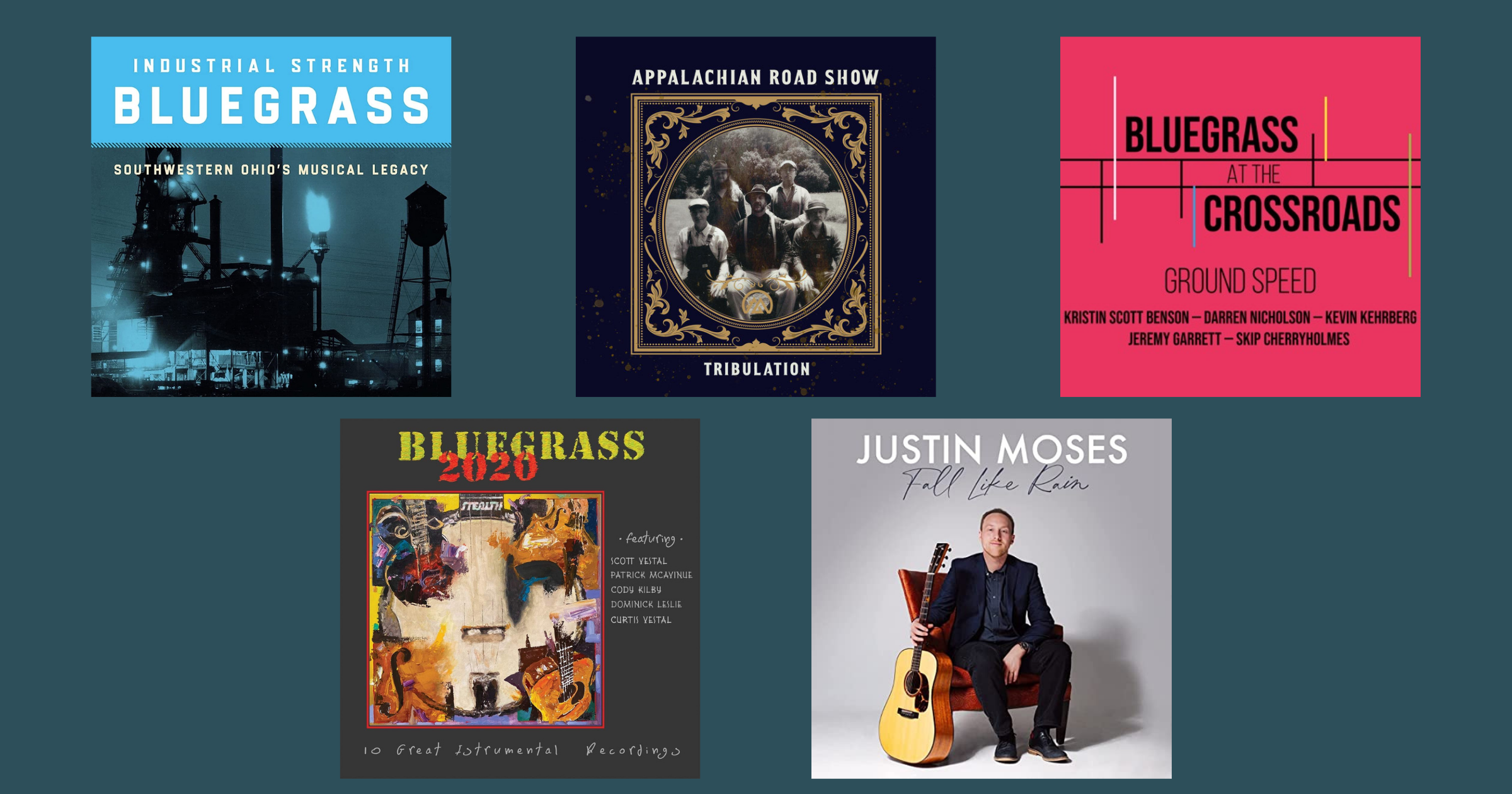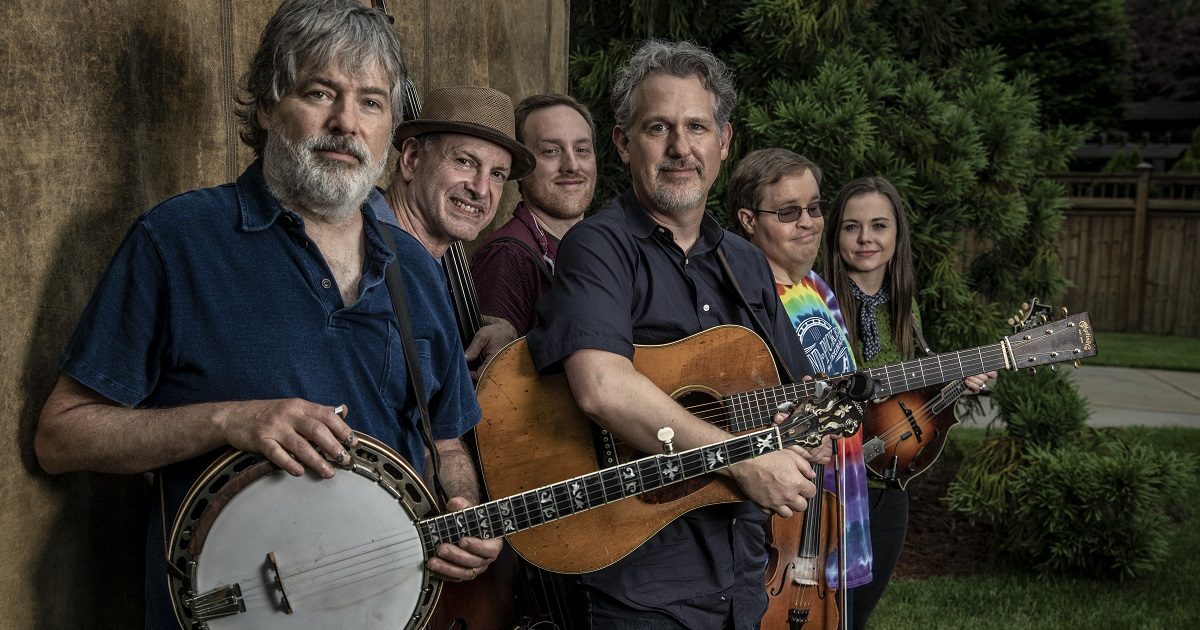The traditional path of a musician’s career would say that gaining a record label’s approval reflects a certain level of accomplishment and stature. That’s a good thing, right? It can be, but what makes for the right fit to a musician’s career – whether with a label or as an independent artist – largely depends on how a person wants to navigate the ebbs and flows that come with making music for a living.
Enter Sierra Hull.
Just over five years removed from her fourth full-length album, 25 Trips, the aforementioned fork in the road is exactly the juncture at which Hull recently found herself. Now bearing her fifth full-length album, A Tip Toe High Wire, the Nashville-based mandolinist and songwriter decided that the extra work of an independent release didn’t scare her.
In fact, Hull is someone who keeps busy – “I’m not good with time off,” she says – and A Tip Toe High Wire may turn out to be her most true-to-form album to date. From her collaborators – Béla Fleck, Tim O’Brien, Aoife O’Donovan, Lindsay Lou, Ronnie Bowman, Justin Moses, Ethan Jodziewicz, Geoff Saunders and more – to her co-writers, to production, arrangements, and underlying theme, every aspect of the record evokes Hull’s concentrated instincts as a musician, composer, and experienced public artist.
These songs let the rest of us know just a little more about the “who,” “how,” and “why” behind the music and how it fits into Hull’s life and of the lives of those she holds dear. It’s a multifaceted expression of individualism and independence while also being nowhere near a display of isolated work – truly a balancing act of coexisting contrasts.
BGS spoke with Sierra Hull by phone ahead of a packed tour, about the significance of going independent, embracing new ways of songwriting, how her perspective of making music has changed, and more.
How would you describe where you were creatively, between the release of 25 Trips and leading into this new independent recording?
Sierra Hull: Part of it is that I didn’t really have the opportunity to go out and tour 25 Trips. When things were starting to open up [after the pandemic shutdown], I put together this band that I’m touring with and was able to think about what I wanted the music to feel like on the heels of [COVID]. I tried to think about songs that would would feel fun to stand on a stage and perform, you know? And I think some of the context of moving into [A Tip Toe High Wire] was thinking about that.
[25 Trips] was also my last record as part of my Rounder Records contract. A Tip Toe High Wire just felt like this new chapter. And having fresh songs that I had started to write, having been inspired by the time off the road to write music, I kind of leaned into that. I was loving playing with this band and I felt like I had the freedom to not necessarily have outside chatter in my ear about what the next thing needed to be. It felt like an opportunity to just make music that I felt excited by and capture it. At first I wasn’t sure if it was going to become a record, or a single, or what it might be. But the further we got into it, I would just continue to book sessions that we could get in the studio and record in between all the touring.
I feel like [being independent] gives me more of an opportunity to have a direct offering and connection to my fans in a way that maybe I couldn’t have in another scenario, and it feels really important for me to have that in this moment.
How has your perspective of the music and album making process changed? What kind of goals did you set for yourself in this new career chapter?
I don’t know if my goals felt different, because the goal for me has never been to try to chase a particular thing or to please a certain kind of entity. But at the same time, when you’re independent, you get to call all the shots, you know? You decide when you’re recording, how you’re recording, when the music gets released, how it gets released, all that kind of stuff. It’s kind of like a difference of me deciding what’s on the puzzle pieces and then figuring out how to put the puzzle together, rather than just somebody handing you a puzzle and the picture is there already.
I often say, “If I was only making music for me, I could do that anytime I want.” I can sit at home in a room by myself and enjoy music that way. But I think that we as artists and performers, we create and we make stuff because we want to be able to share with people. We want to be able to share a common emotional experience with people. It’s the struggle between trusting yourself, and being vulnerable enough to receive the good things and knowledge that other people around me have to offer.
In deciding, “I’m going to do what I want to do,” it almost prompts the question, “Wouldn’t she have that figured out already?” It’s a nice reminder that there’s no timeline to connecting with self-discovery.
It’s funny, because I feel like it’s one of those things with every album I’ve made. [People say,] “She’s finally coming into her own” – it’s like that every chapter! But the truth is, that’s the human story at any level. You can be coming into your own your entire life. you know? It looks different at 16, and it looks different at 20, it looks different at 25, and it looks different now in my 30s.
There is a certain amount of weird calm that I feel about more things in my life and I think part of that is when you work hard throughout your 20s and there’s such a grind taking place. For me, I love the grind. I live for the work part of all this. Like I said, I’m not really good at just sitting around doing nothing so I’d rather be working than not. But at the same time, I need to not clench my hands too tightly around the thing that is my art and my career. So much of this is out of my control. People will like it or they they won’t and it’s about trying to find some peace and asking myself, “Do I feel like I’ve done my best?” And how much that really matters, instead of being as validated by the praise one receives. We all long for that – I’d be lying if I said I didn’t, too. But I think there’s just a little bit less worry about that. It kind of feels like age gives you that.
What about your songwriting approach did you change for A Tip Toe High Wire?
I think songwriting is always such a journey. This was the first record that has been primarily made up of my touring band. Some of the songs were written and then performed live before we even recorded them in the studio – not all of them – but a good chunk of them have been road-tested, which is an interesting way of [developing a song]. “Lord, That’s a Long Way,” I wrote that tune because I literally was imagining in my mind the way it would feel to play this live with this band. It’s a different kind of approach when you’re thinking that way. I imagine one instrument kicking it off and then another one joining in on that same riff and kind of building the opening. In this way, sometimes you can almost hear it and feel it in a live experience before you’re even finished writing a song.
“Muddy Water” is a beautiful song with an equally beautiful sentiment about staying true to oneself. How does this mentality applies to your experience as an artist?
I think part of it is about trying to not become jaded by [the life of a musician]. If you’re doing something over and over and it kind of becomes your world, it’s easy to get burned out. I’m always trying to make sure that I don’t get burned out and am finding ways to be inspired. So much of that is about keeping a positive mindset and trying to keep an open mindset to the inspiration around us. The other thing that I’ll say is, I’ve gotten to do so much collaborating over the last few years. That’s been a big part of my musical world and I feel like it’s been really broad-reaching too, in ways that I’m inspired.
Stepping out on tour with Cory Wong – that’s a fun time. It’s way different than what I do, but it’s a fun time. Going to make music with Béla Fleck – that’s about really getting in the weeds and rehearsing and working hard on incredibly complex instrumental music. Getting to go join Sturgill Simpson on something, it’s about not over-rehearsing the songs and making sure there’s something about the freshness of maybe one or two takes in the recording studio. That’s why I love collaboration. Being part of something that’s not yours, but you’re kind of part of it so you’re getting to learn and grow and experience and have that excitement rub off on you.
Several of the songs on A Tip Toe High Wire – “Red Bird,” “Haven Hill,” “Spitfire,” “Lord, That’s a Long Way” – nod to the matriarchs of your family. How would you describe where and how music fit into their lives and shaped each of their relationships with you and how you remember them?
Music was part of everyday life. My whole family is very much rooted in the backwoods of Appalachia, the boonies of Tennessee, as far back as I know. Not a lot of money, no college degrees, but such smart, strong characters and people with a wealth of knowledge and grit and toughness and all that. I think music was a way that they were able to cope and have it be part of their way to pass the time. More a way of life than trying to dream of being a performer.
I remember my Granny singing when I was a kid, hearing her sing in church, and I know [my husband Justin Moses’s] family background was much the same. So certainly a different kind of musical experience. But music has always been a big part of both my family story and Justin’s family story. And I was lucky enough to get to know all of his grandparents – he’s since lost three of them – but I was lucky to get to know them and my grandparents too. Not everybody gets that. So I feel super lucky. And yeah, I think inevitably those stories kind of wind up weaving their way into my songwriting.
How do you balance so many different but interconnected objectives – especially finding space to let out parts of yourself through your music?
I’ve been able to say yes to a lot of things, because [I’ve chosen] to say no to some other things and that feels rewarding because normally I’d be stressing out. So trying to think ahead and find the balance as a human, asking, “How can I be focused in the moment, not stack too many things on top of each other, and instead carve out the balance where I do have time to write, I do have time to record, and I do have time to tour?” Because I love all those things. In a perfect world, you make them exist in a cohesive way and that can inform what the art becomes on the other side of it, because I’ve given myself space to enjoy all these things in their own way, instead of just the constant chaos of trying to do five things at once.
Photo Credit: Bethany Brook Showalter & Spencer Showalter

